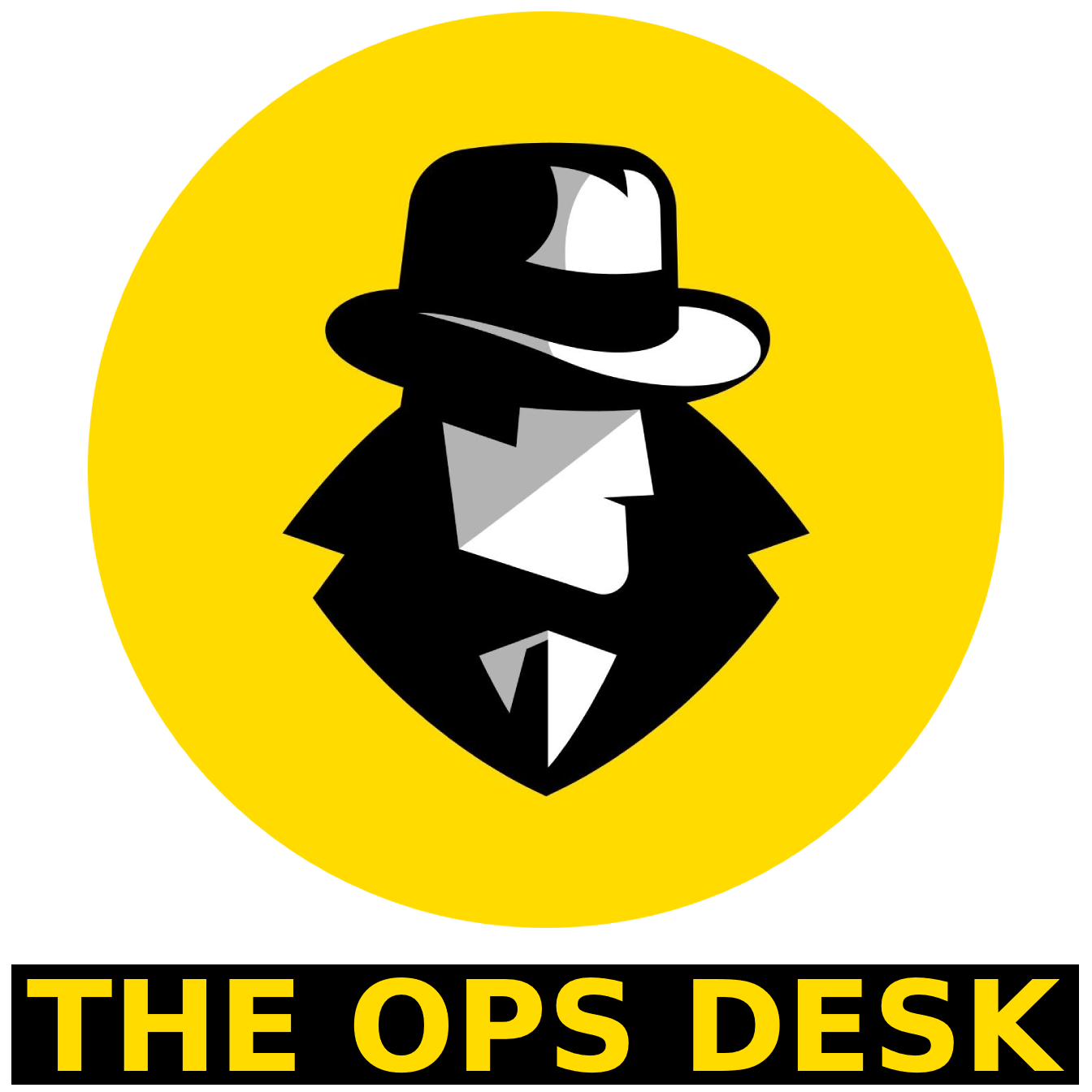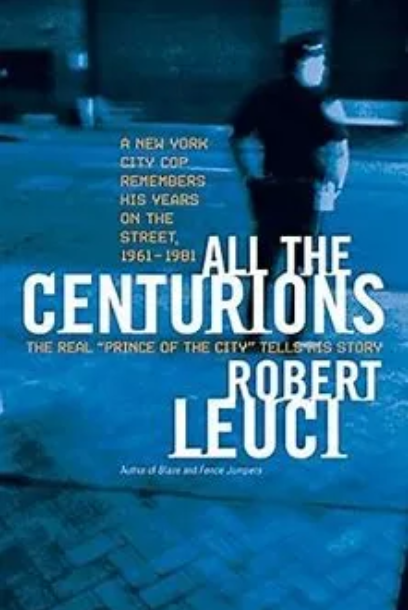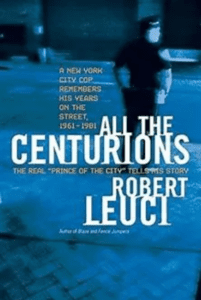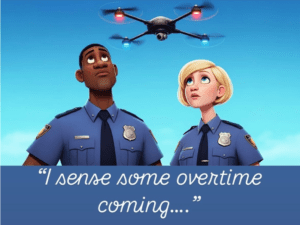The American mafia is exactly that — very American. While its roots are in Sicilian brigands who terrorized that Italian island to varying degrees for centuries, the American version is very much wrapped up in issues of immigration and insularity in the new world. As such, much of its power derived from its invisibility; traditional America had little inkling of what “this thing of ours” was as it took hold.
Even the rules of the mafia here in America differ from those in Italy (like, for instance, the proscription here on killing cops and judges — generally honored). And thanks to its invisibility and the formal structure of the American Cosa Nostra families, the Italian mafia here rose to vast money and power.
Perhaps no movie portrays the degree of that power, and its dark reverberations throughout American history, better than the Martin Scorcese film, The Irishman.

Generally considered the third, and last, in Scorcese’s mafia trilogy (the first two being Goodfellas and Casino), The Irishman portrays how La Cosa Nostra (or “LCN,” as the feds call it) (cops generally just say, “wiseguys,” for whatever reason) rose to infiltrate nearly all aspects of American life.
Among the mafia’s greatest insights was that control of labor unions meant power in America. And with the rise of Jimmy Hoffa and the Teamsters, the mafia had their fingers on every bit of goods shipped by truck anywhere in America.
For whatever reason — and there are numerous theories — FBI head J. Edgar Hoover denied the existence of the mafia for decades. As a result, the mafia became nothing less than a shadow government in the U.S. They built and ran Las Vegas (conceived originally by Jewish gangster Bugsy Seigel), essentially ran the nation of Cuba until Castro kicked them out, and in this writer’s opinion assassinated an American president (Jack Kennedy).
And striding through this “golden era” of the mafia was an Irishman named Frank Sheeran, a hit man who seems to have been involved in it all.
Sheeran is played by Robert DeNiro, who looks nothing like the real Sheeran and who doesn’t particularly scan as Irish. Still, he is part of the Scorcese reperatory, and he’s fine here, playing a dimwitted hitter who does what he’s told.
More in-character is Joe Pesci as Russell Buffalino, the mafia boss who directs Sheeran’s killings — including that of Sheeran’s labor union mentor, Jimmy Hoffa. Pesci gives an admirably restrained performance — an adept counter to Al Pacino’s bluff and blowhardy Jimmy Hoffa.
The movie is based on a biography of Sheeran called, I Heard You Paint Houses (a euphemism for murder), and while both book and movie contend they’re( factual, the veracity of those facts has been questioned.
But really, it doesn’t matter. Whoever killed Hoffa, and why, The Irishman is utterly engrossing. It’s a dark and unglamorous telling of the mafia’s rise to perhaps its greatest level of power in America — and the dead end that all that power comes to. (Not for nothing does Scorcese add subtitles such as, “Angelo Bruno — shot in the head sititng outside his house, 1980,” as he introduces new characters).
And really, the movie is about the dead end that “the life” led Frank Sheeran to. With that, The Irishman manages something one doesn’t expect from a mob movie: pathos. In the end, it’s actually the sad story of a man whose commitment to his mafia mentors loses him what he realizes — too late — he values most in life.
We have few real film auteurs left; most movies today are polished, professional, flavorless, unmemorable. Their atmosphere is all the same, and the characters are bland, uninteresting cliches conceived in board meetings and Zoom calls.
The Irishman is a counter to that. The period details are spot-on (especially the vintage cars and trucks). And as for the costuming, let’s just say you’ve never seen such wide lapels.
The Irishman is more than just mafia history; it’s American history, in a minor key. It’s a sweeping story that never rises to epic because it doesn’t aspire to that. Nobody here is heroic, and as DeNiro’s Sheeran tells his story from a lonely nursing home, the tone is decidely melancholic — and wholly affecting.
With The Irishman, one feels that Scorcese has put his mafia movies to rest. It’s twilight for his wiseguys.
It’s a worthy conclusion.
The Irishman runs three-and-a-half hours, but feels half that. It is currently streaming free on Netflix.
Highly recommended.

Thanks for reading The Ops Desk. Stay Safe!











